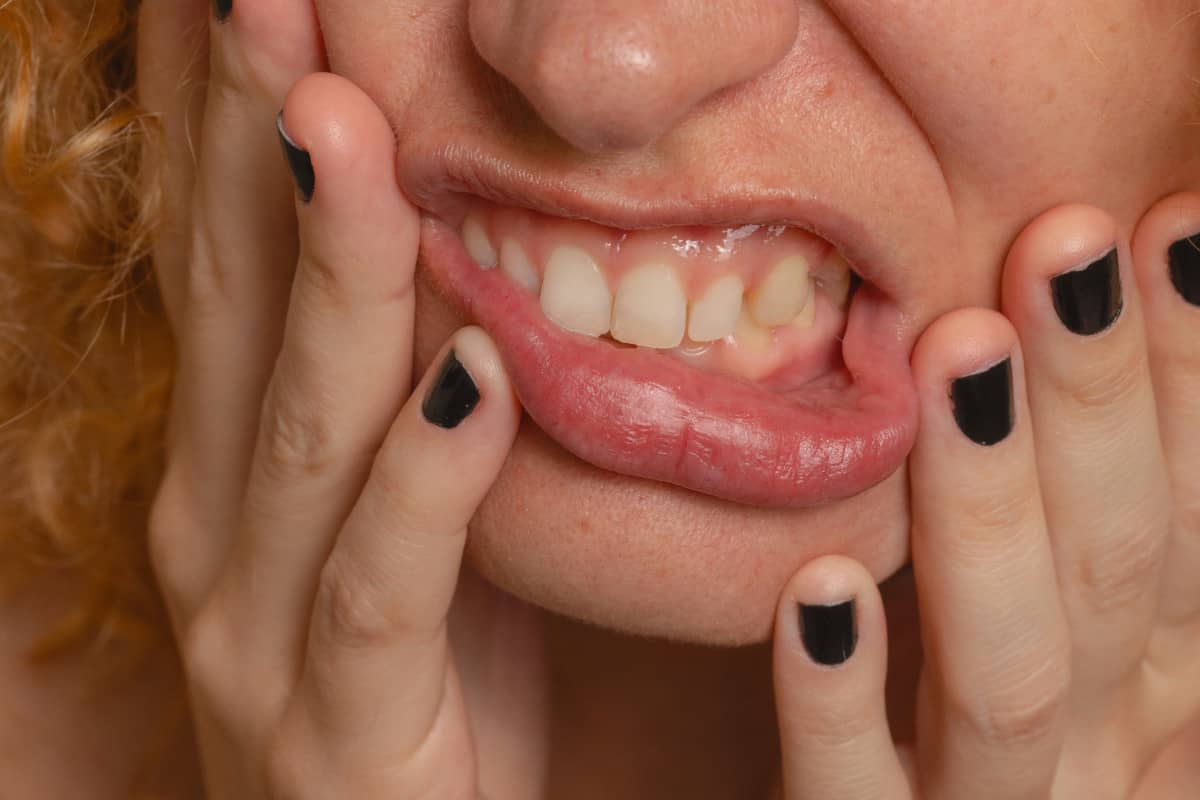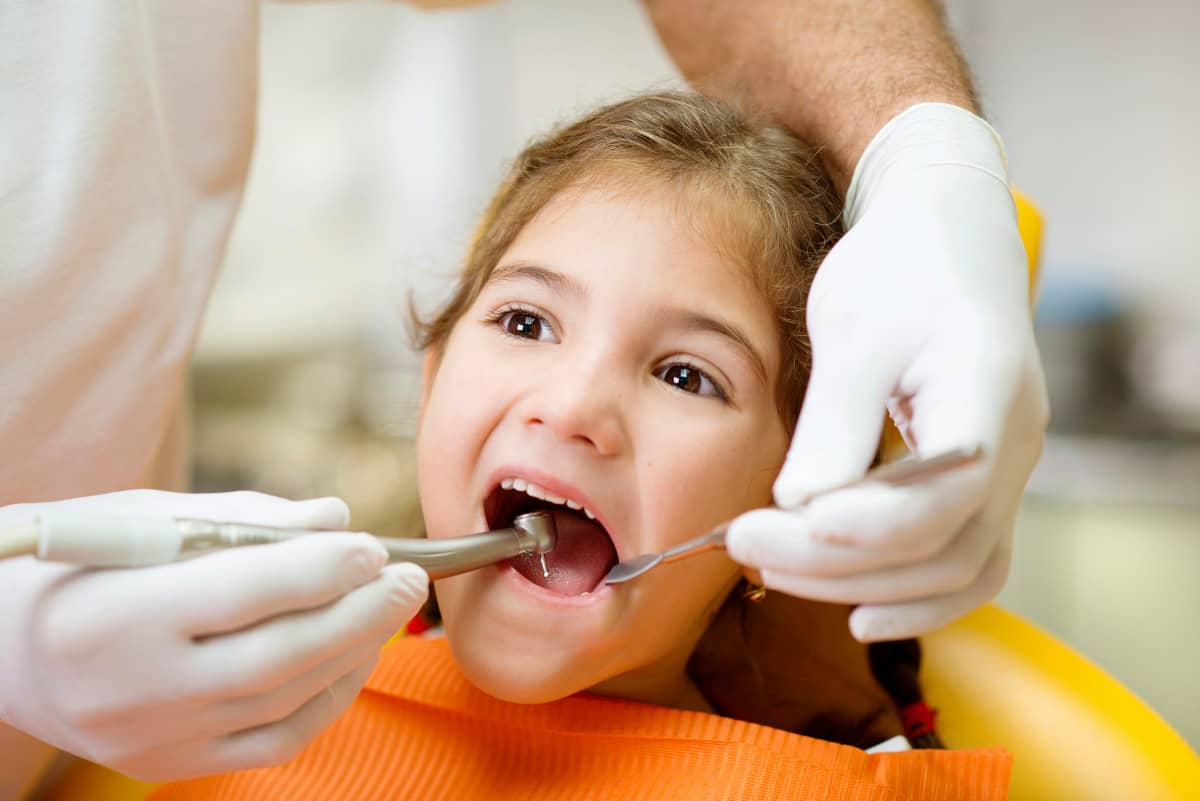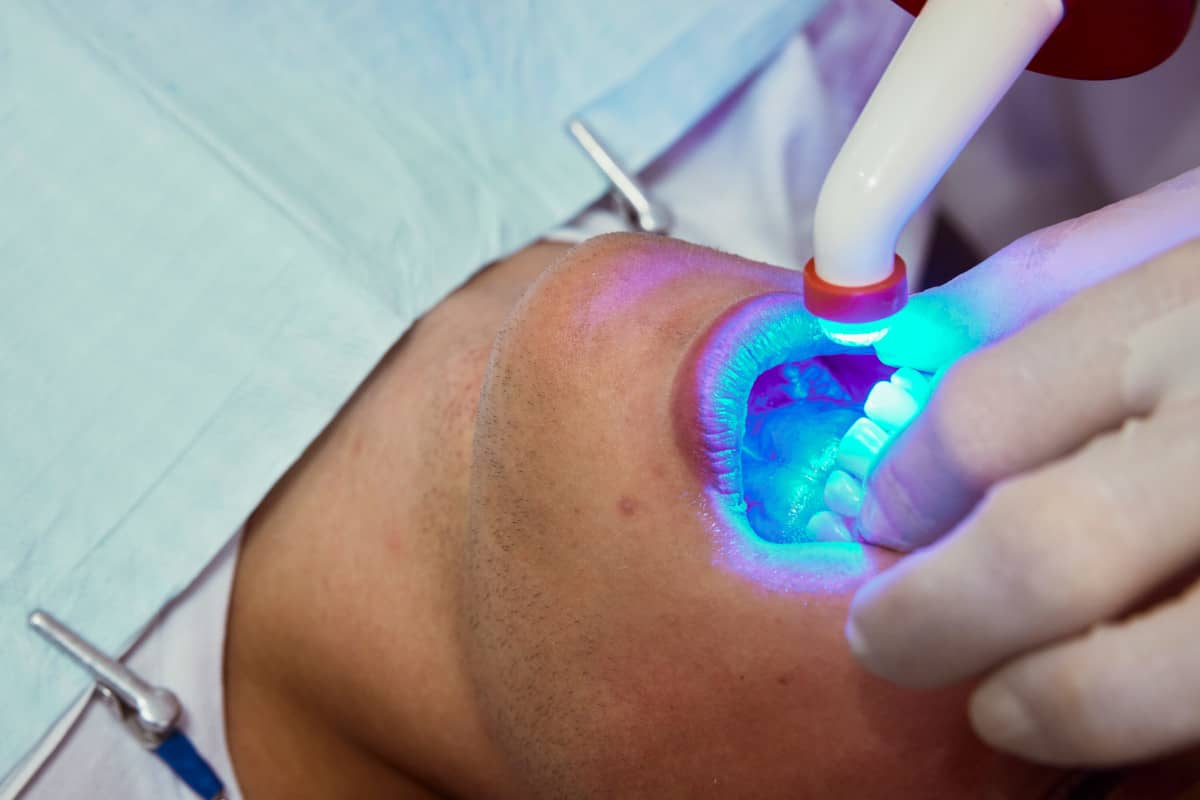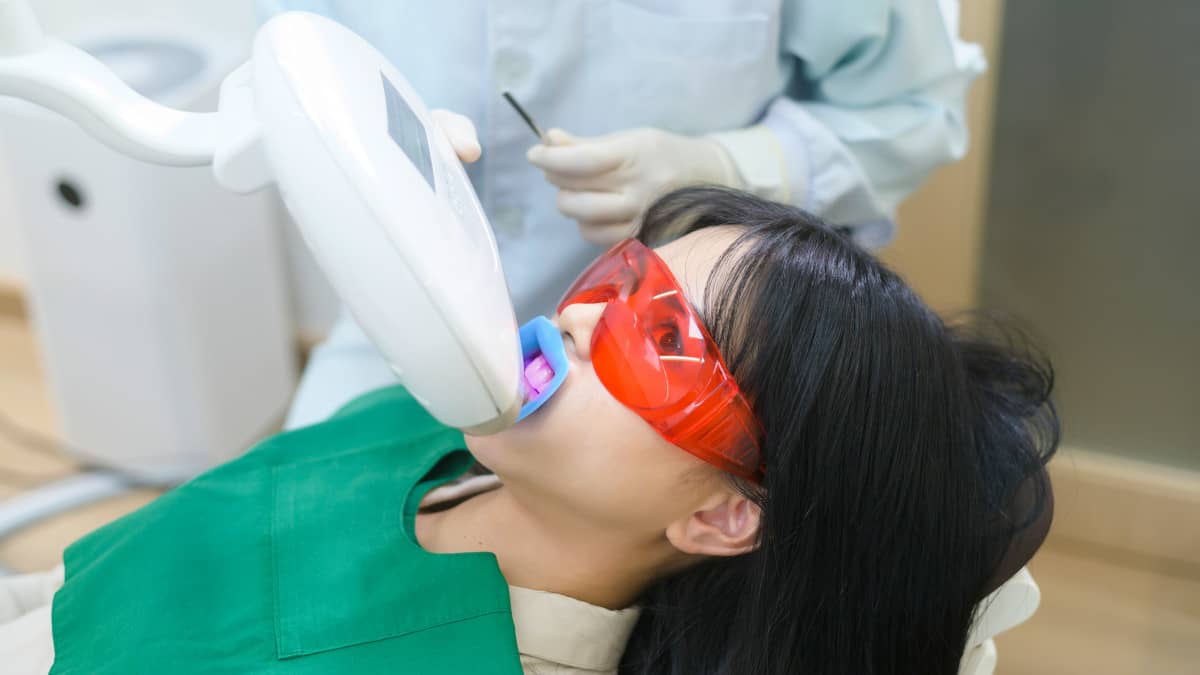
Sensitive teeth during pregnancy
Pregnancy can be a difficult time for women. Your body is undergoing major changes and, of course, so are your mouth and teeth. Taking care of your teeth during pregnancy is essential. During the nine months, many women experience tooth sensitivity or pain. In addition, hormones can lead to gingivitis, sensitive teeth, cavities and even tooth loss in pregnancy. However, there are ways to manage this problem and avoid complications such as cavities or gum disease.
Care for sensitive teeth during pregnancy
What can we do to avoid cavities or gum disease?
Take care of your teeth during pregnancy by eating a healthy diet and brushing and flossing properly.
As at any stage of a person’s life, to take care of your teeth, it is important to eat a healthy diet and brush and floss regularly.
In pregnancy, the aggravating factor is that poor oral health can increase the risk of premature birth and low birth weight, as well as a greater predisposition of the child to early tooth decay.
That is why it is especially important to brush your teeth after every meal, which during pregnancy can be between 5-8, as you eat less but more often. We should also use dental floss every day to remove plaque between the teeth and under the gums, where the toothbrush cannot reach. If we have trouble flossing under bridges or in the narrow spaces between teeth, we should use an interdental cleaner instead of regular dental floss (these are foldable tools that make it easier to clean between teeth).
Be prepared to experience sensitive teeth during pregnancy.
You may experience temporary tooth sensitivity during pregnancy. This is normal and is caused by hormonal changes in the body. If you have sensitive teeth, it may be painful to eat or drink cold things, such as ice cream or cold drinks.
During pregnancy and childbirth, hormones such as relaxin increase, which, although it helps to relax the joints, can be harmful to your mouth: gums can become inflamed, periodontal ligaments can be affected, gingivitis or more sensitive teeth and gums (with more frequent bleeding) can occur.
What to do if you are vomiting during pregnancy?
Few things are more effective than being very scrupulous about dental health: brushing, brushing and brushing, flossing and fluoride rinsing. But if you suffer from nausea or vomiting during pregnancy, you need to take even better care of your teeth.
Vomiting is made up of stomach acids that are harmful to tooth enamel. This is why you should brush your teeth right after to prevent the acid from eroding the enamel.
Visit our clinic during pregnancy.
The best way to reduce risks and have complete peace of mind that everything is working well is to visit the dentist regularly and have the corresponding check-ups.
In our clinics we will take care of a special follow-up of your oral health during pregnancy.
It is advisable to visit the dentist 3 times during pregnancy because in each trimester, just as your body changes, your mouth also undergoes alterations.
We will keep your gums under control at all times, check for caries and make sure there is no dental movement.
At Udemax Clinics we offer our patients a personalised service provided by a team of specialists in periodontal treatments. Our aim is to offer the least invasive and most effective treatments to guarantee a healthy mouth, establishing the basis for an adequate oral health that will allow you to enjoy your pregnancy without worrying about dental problems.
It is important in our clinic to offer the greatest peace of mind and safety with our treatments. For this reason, we have a team of doctors specialised in advanced dentistry techniques and hygienists who are highly qualified in the latest technology and guarantee excellent and long-lasting results.




